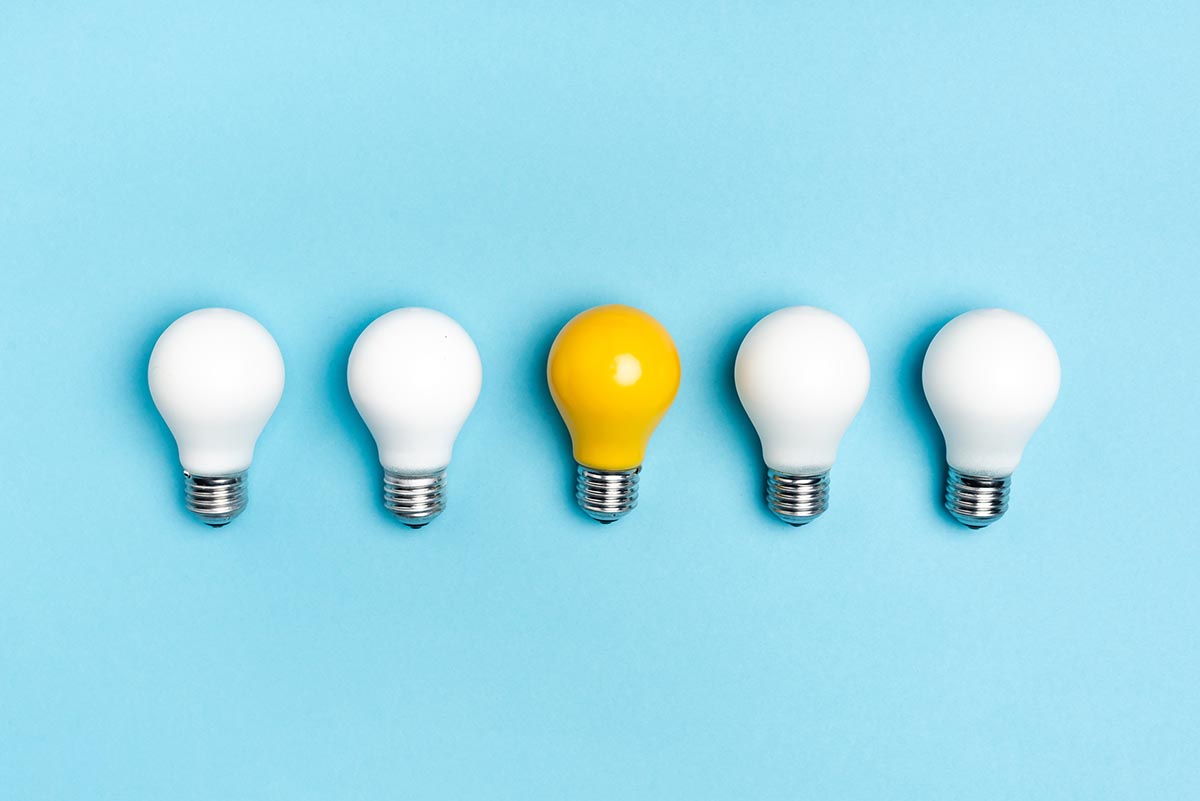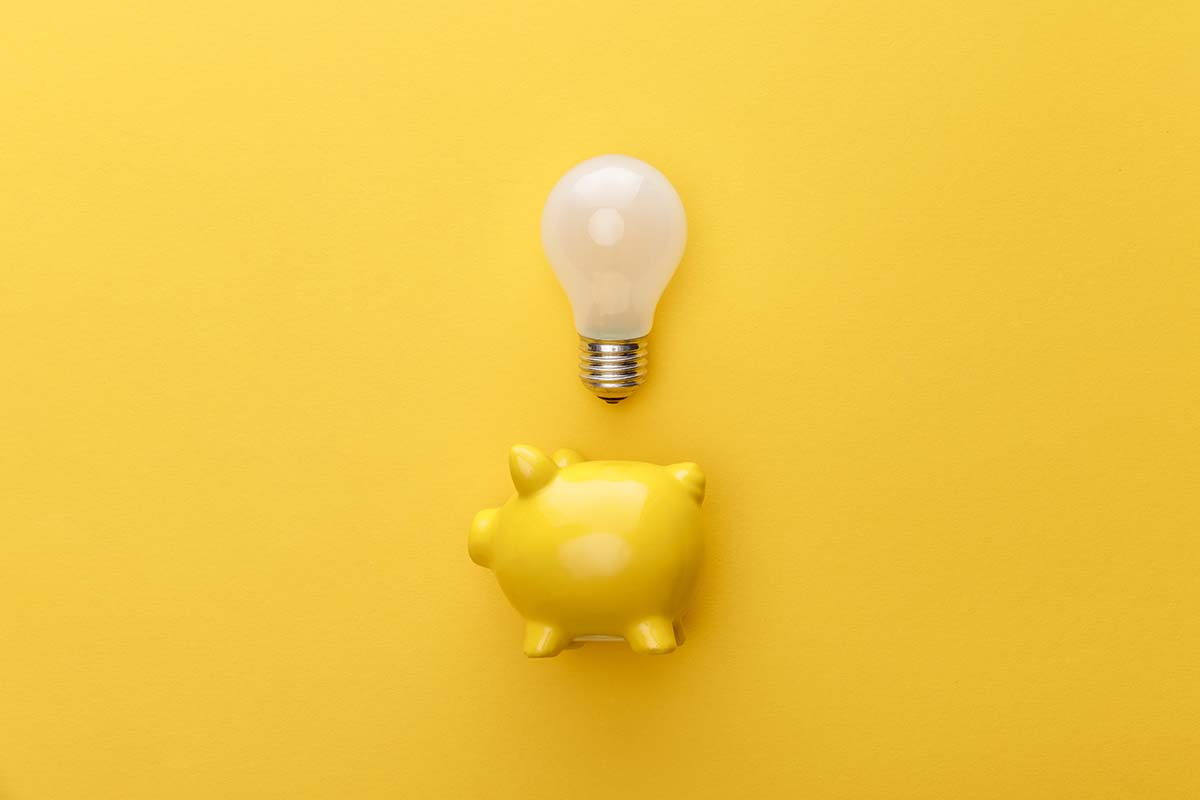🍕 Willpower is overrated
I used to think the people with the best money habits had amazing willpower. Nope, science shows otherwise! It turns out many successful people don’t need to flex willpower at all. Finding the right “cue” is key.
Let’s do this!
Today’s newsletter is 628 words, 3 minutes.
1 big thing: Clue into cues

Yeah, willpower is overrated. We try to depend on self-control to reduce spending or even improve our nutrition, but over time willpower wanes, self-control depletes, and we succumb to our temptations. The struggle is real.
- If you’re beating yourself up about a lack of willpower, stop it! Our brains aren’t wired that way.
We’re wired to respond to cues. A cue is an event or thing or process that triggers habits or behaviors. Cues can create good habits. Cues can also reinforce bad habits.
2. Cue your environment

We humans think we’re in total control of what we do, but almost half of our behavior takes place in the same location every day, writes Wendy Wood in Good Habits Bad Habits: The Science of Making Positive Changes That Stick.
- We’re cued by our environment, and together they influence our behavior.
Adding the right cue to your environment can make good habits easier both on your phone and in your home. Let’s explore a few.
- Want to read more before bed? Place a book on your nightstand and schedule some time for an evening routine.
- Want to walk more steps each day? Place your running shoes at the front door where you’ll see them.
- Want to save more money? Set an automatic transfer to a dedicated bank account with every paycheck.
Many exceptional savers, consistent exercisers, and studious students don’t have to struggle to curb impulsive behavior because they add or remove cues from their environments.
To make a habit a big part of your life, you need to make the cue a big part of your environment.
3. Add friction?

If you wanna stop doing something you have to make it harder to do. By making something inconvenient you can change negative behaviors into more positive ones.
- Adding difficulty to a habit is called adding “friction”.
Finding ways to add friction can make you stop and think, “Hey, this isn’t the activity I want to pursue!” Here are 5 ways to put a little friction into your financial routine:
- Remove shopping apps from your phone
- Unsubscribe from retailer newsletters
- Unfollow influencers to reduce social media FOMO
- Delete credit card info from shopping apps
- Stop walking past stores with enticing window displays
Doing all at once may be a shock to your system, so set a deadline in your calendar to add more friction to your life.
Dig Deeper: We may have the best of intentions, but we’re also our own worst enemies. Take a peek at how to bridge the gap and achieve all our goals.
4. Addition, Subtraction, Automation

Any time we do something repeatedly, our pre-programmed habits take over. And while building better habits isn’t easy, it’s not super complicated either. Try any or all of these 3 ways to disrupt your routine:
- Add a cue to make a good habit easier
- Add friction to make a bad habit harder
- Automate to put good decisions on repeat
People with good financial habits put good choices on autopilot, so they don’t have to use willpower to make better decisions. And while bad habits are hard to break, research shows you can succeed by removing whatever triggers those bad money habits and turn them into good ones.
Happier habits to you all!
Love love love,
Kerry